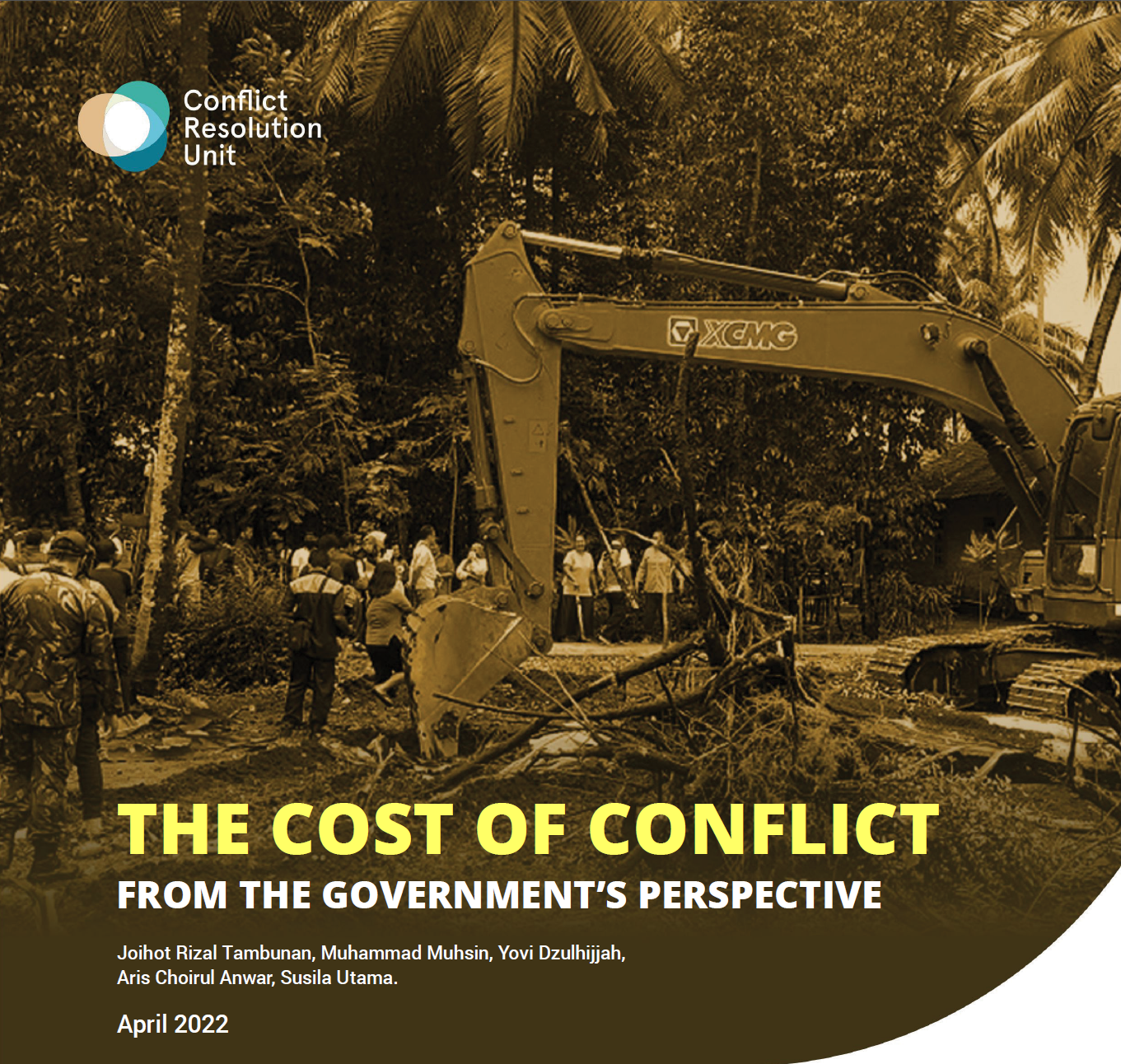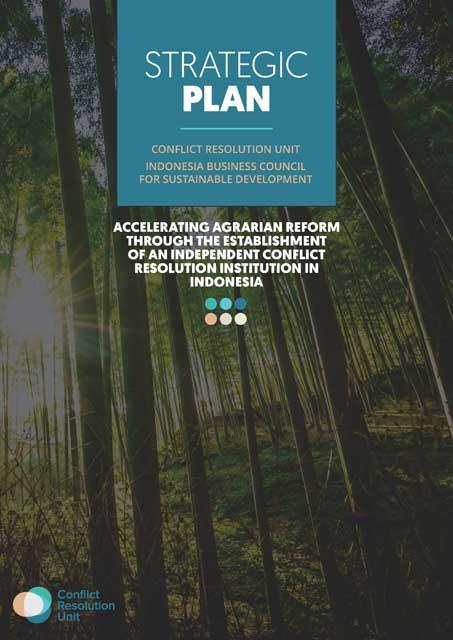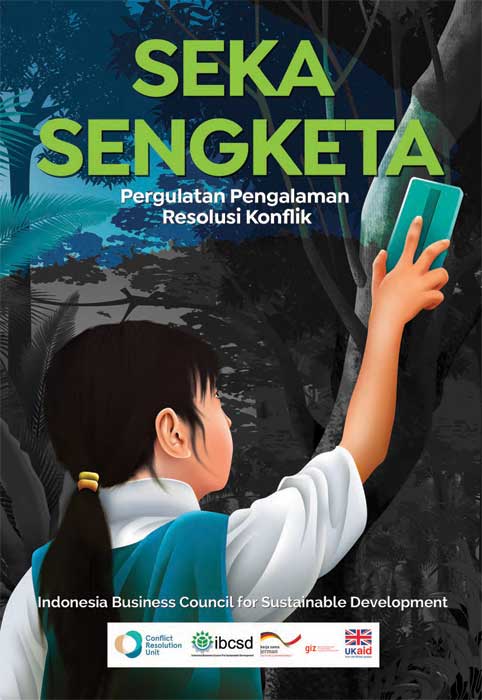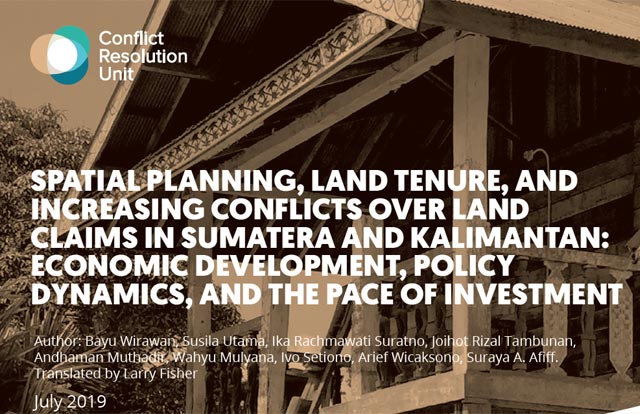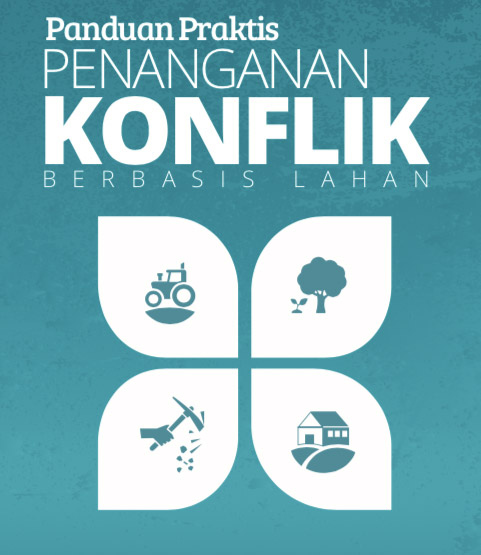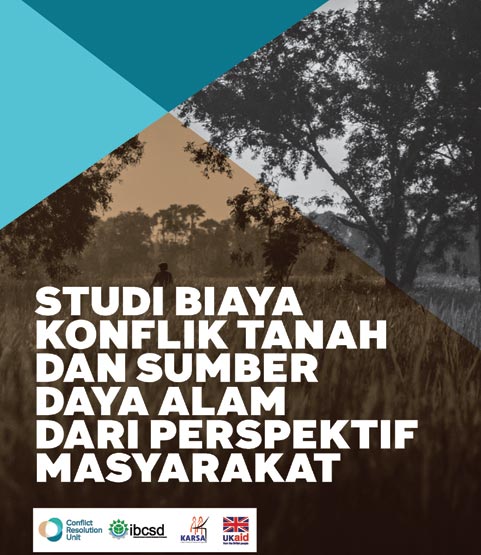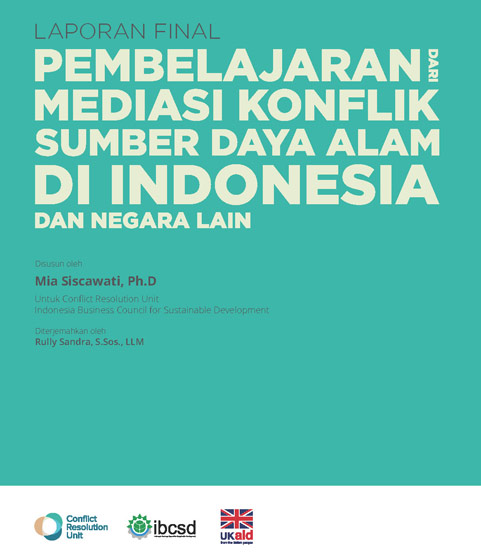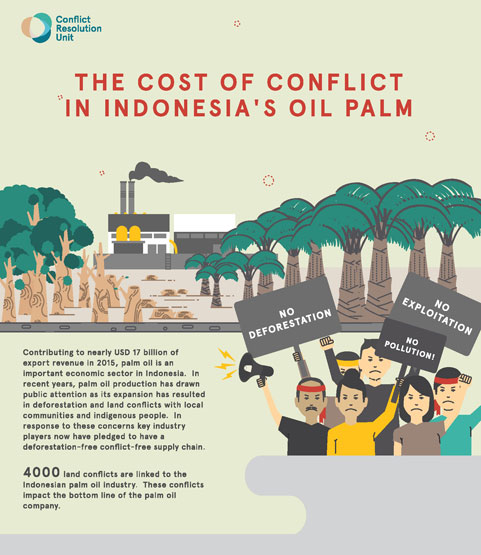The Cost of Conflict in Oil Palm in Indonesia
“he cumulative costs of social conflict are significant, undervalued and potentially pose a serious obstacle to productivity for companies, as well as imposing costs on communities and local government.”
A study commissioned by the Conflict Resolution Unit (CRU) has found that social conflicts impact significantly on the bottom line of palm oil companies.
The study concluded that “the cumulative costs of social conflict are significant, undervalued and potentially pose a serious obstacle to productivity for companies, as well as imposing costs on communities and local government.” The purpose of the study was to quantify the costs of social conflict in the palm oil sector.
The study found that the tangible costs to palm oil businesses resulting from social conflict could be up to USD 2,500,000 in the cases studied. The largest of these direct costs are lost income from disrupted plantation operations and staff time diverted from other tasks to address conflict.
It also found that intangible or “hidden” costs for businesses may be up to USD 9,000,000, representing indirect losses associated with the risks of conflict recurring or escalating, reputational loss, and risk of violence to property and people.
Common themes around social conflict in the palm oil sector were identified. These included that conflict was a resource drain; land (and livelihood) is the most important driver of social conflict in the palm oil sector; disputes tend to start with non-violence; conflicts often recur, and conflicts tend to take place during the production phase.
Several important recommendations were put forward, including that palm oil companies improve their conflict policy and management procedures; that more research is needed into the causes, progression and implications of social conflict; and that best practices need to be developed for conflict prevention, mitigation and resolution.
The study “The Cost of Conflict in Palm Oil in Indonesia” was conducted by Daemeter Consulting.
Download: Executive Summary | Report | Infographic | Press Release

